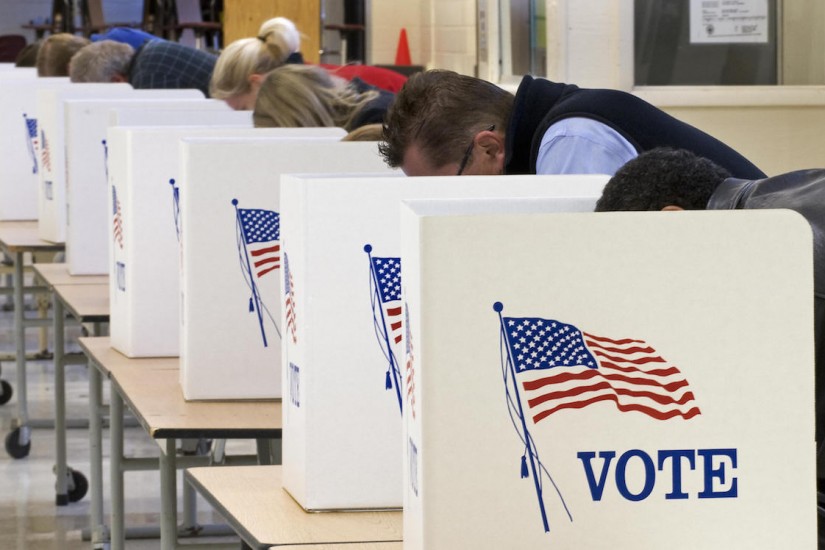Perhaps unsurprisingly, Virginia has historically been one of the most zealous states in the country in disenfranchising people with felonies, with even those who finish probation having what amounts to a lifelong severance of voting rights unless the governor reviews their case and restores their rights personally.
“I told the people of my county before they sent me here that I intended,” delegate R.L. Gordon said, “as far as in me lay, to disenfranchise every negro that I could disenfranchise under the Constitution of the United States, and as few white people as possible.”
The resulting web of laws survived over a century, through the civil-rights movement. In Virginia, it survives to this day. Even when McAuliffe issued an executive order in April 2016 declaring that all people with felonies who’d completed parole—some 200,000 persons—would have their rights immediately restored, it didn’t change the underlying laws, and meant that future restorations would still rest solely with the authority and the will of the office of the governor. When Republicans in Virginia’s state legislature revolted at that executive order and won an August 2016 Virginia Supreme Court decision blocking restorations en masse, McAuliffe took another route, with his office reviewing thousands of felons’ records and the governor restoring their rights individually using an autopen. The number of restorations completed that way only stood at 13,000 of the planned 200,000 in August of 2016. But the administration has been persistent, and now Secretary of the Commonwealth Kelly Thomasson tells me 172,298 people have had their rights restored as of Friday, with more on the way in the last week of the governor’s term.
